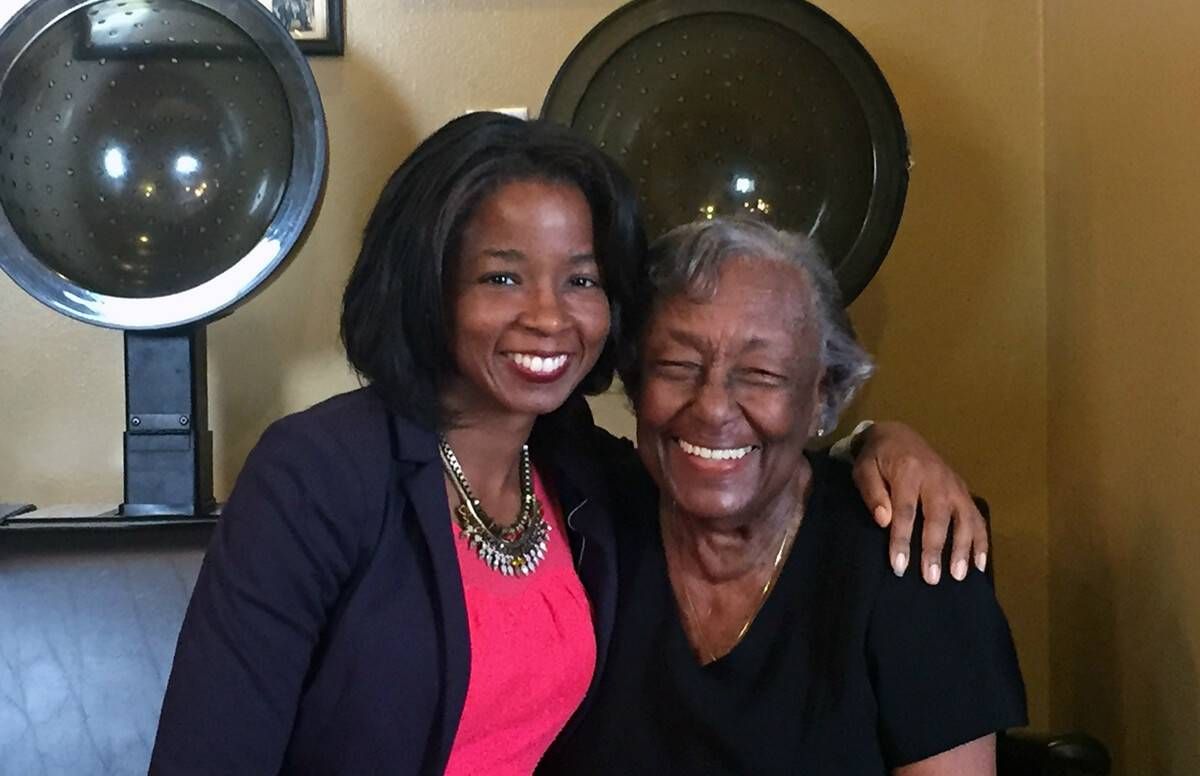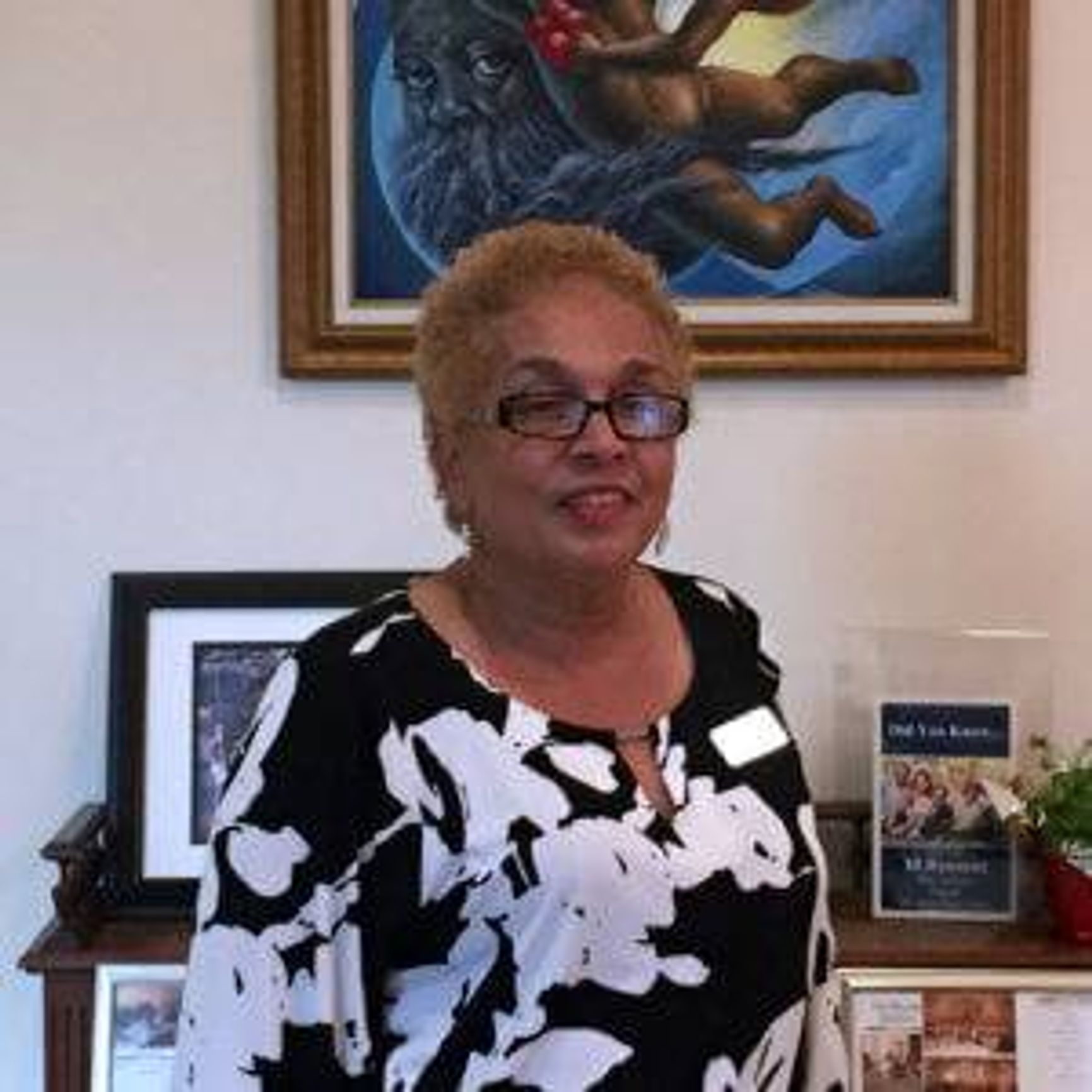Family Businesses Hand the Reins to the Next Generation
Two New Orleans tales being replicated across America
Antoinette Edinburgh Williams, 93, is spry and quick with a smile and a story. Williams, who owns the welcoming Edinburgh Williams Beauty Salon in New Orleans, has been in the hair salon business ever since her mom had her go to beauty school to learn a trade. She and her late husband John bought the salon some 40 years ago to serve the community. “When people walk through the door they should feel that they are getting something they can’t get elsewhere,” Williams says.

Now, this entrepreneur is ready to turn the salon over to her niece, Kim Washington, a 41-year-old divorced single mother.
Showing How Generations Can Work Together
Family-owned firms make up between 80 and 90 percent of businesses in America. Many, like Williams’, are — or will become — intergenerational enterprises. With so many of these small businesses run by boomers nearing retirement or working well into the traditional retirement years, their owners are eager to train the next generation to keep the businesses alive and well.
"I was sweeping the floors and emptying the ashtryas when I was 9-years-old."
Indeed, at a time when so much of the national discussion seems to emphasize visions of intergenerational conflict at work and in society, family-owned firms are showing the rest of us how generations can work together for a better economy and healthier society.
Though hardly a boomer, of course, Williams is particularly proud of the stylists she and her husband taught over the years. “We wanted to give young people an idea of what it’s like to run a business,” Williams says. “A salon is a vehicle, a way to be independent and they learned what it is to serve people.”
Her niece is one of those inspired entrepreneurs. Washington’s main job is with an affordable housing developer in New Orleans. But she worked at her aunt’s salon as a child. “I was sweeping the floors and emptying the ashtrays when I was 9-years-old,” she says. Her aunt chuckles, adding: “She has been around the business all her life.”
New Ideas for the Family Business
Washington has a few ideas for putting her imprint on the salon. For instance, she’d like to double the number of stylists to six and add a nail technician and receptionist. She also wants to sell boutique items there — such as candles, soaps and purses — and develop a line of hair products.
To prepare for the hand-off, Washington and her aunt took a seven-month course in small business entrepreneurship offered by Capital One and several local nonprofits. Sitting at a table in the back of the salon, it’s obvious how much each woman is looking forward to her next chapter.
“Kim is taking it in another direction,” says Williams. “I am good with that. It’s a whole new ballgame.”

Family Businesses Have Deep Roots in Communities
What won’t change is Williams’ commitment to community. Though forced to shut down the salon in 2005 following Hurricane Katrina, she and her husband then rebuilt it, reopening in 2007. Business was terrible at first, since so many customers had fled the city, but the salon is now doing “okay,” says Williams.
The deep roots that Williams and her niece have for their community comes as no surprise to Ritch Sorenson, the Opus chair in family business and academic director of the Family Business Center at the University of St. Thomas in Minneapolis. “Family businesses invest to stay for the long-term, so they’re more interested in the economic growth of the community and in building community,” says Sorenson.
Soon, a Fourth Generation Will Take Over
Just like the five owners of the Rhodes mortuary family business, also based in New Orleans. The third-generation of owners are now working with the fourth generation at the company to assume leadership roles over the next several years. “We are all talking about retirement and who will do what,” says Stephanie Navarre, 65, and one of the third-generation co-owners.
The 132-year-old business was founded by Duplain W. Rhodes Sr. (1860-1938). The son of a former slave, he was raised in rural Louisiana and started the Rhodes Undertaking Company in 1884. Under his leadership and that of his successors — Duplain W. Rhodes, Jr. and current head Duplain W. Rhodes III — the mortuary empire expanded to include the Rhodes Life Insurance Company of Louisiana and a limousine company.
The core business and family identity lies with the Rhodes Funeral Home, run by Navarre. Business hasn’t completely recovered since Katrina, when many middle-class blacks left town and didn’t return. “I would like it to remain a family business,” says Navarre. “I want the next generation to have the exposure, the education and the experience.”
What the Next Leaders Can Provide
Among the members of the fourth generation being groomed for a leadership role is her son, Willie, 32.
“I think people in my generation will have to look at what they want out of the experience,” he says. “What are you really good at? What can you provide the family business?”
He helped out at the business for four months after Katrina, then left for the next seven years to work at a local wealth management firm — following his family’s rule that the younger generation must be employed elsewhere for at least two years. Today, he’s working at Rhodes in human resources, accounts payable and financial planning.
Older family business owners like Williams and Navarre, are busy mentoring the young, transmitting their hard-earned knowledge and experience to younger generations. And the younger generation, in turn, is bringing new ideas and energy to those businesses. It’s a pretty terrific thing to see.



